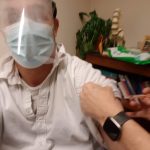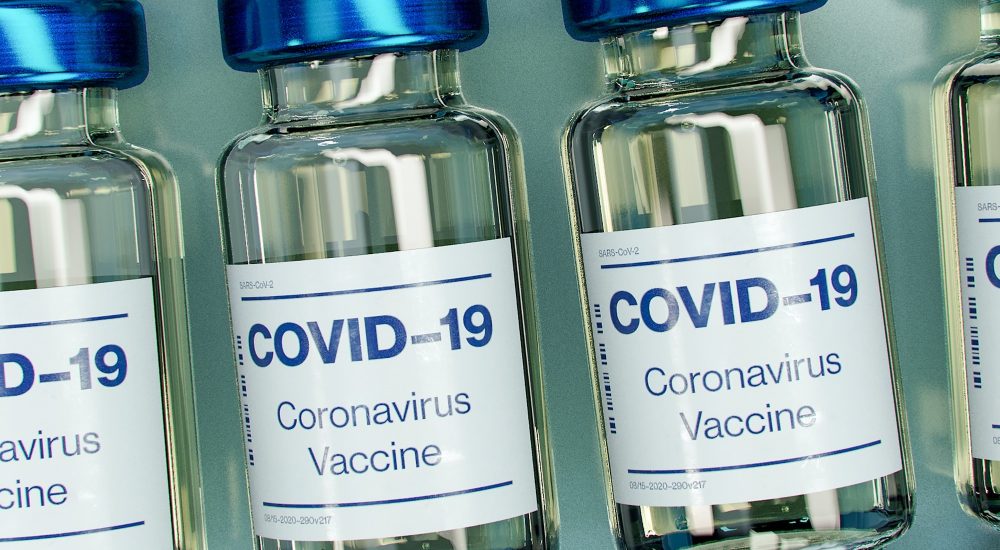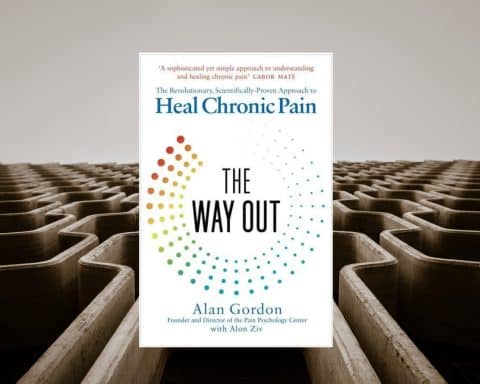
London’s Science Museum has recently acquired the vial used for Britain’s first covid-19 vaccination.1 General practice can be truly proud of the extraordinary achievements of the vaccine programme. The vaccine centres that have recently popped up at GP surgeries across the country are not, however, the first of their kind. A very similar model was introduced over 200 years ago to prevent smallpox by providing cowpox vaccination. Indeed, in 1804, Sussex became the first place in the world to have its own countywide (rather than city/town) vaccine centre.2 The Sussex vaccine centre had 15 stations across the county and one as far away as Kent.
Brighton’s first vaccine centre, however, goes back even further to 1803 when we find the army surgeon William Chambers providing vaccination for the town’s “indigent poor”.2 Unusually for a surgeon, Chambers provided vaccination not just inside people’s own homes but also free of charge. As the covid-19 vaccination programme reaches younger members of the population it will be interesting to see how uptake responds. The historical experience of smallpox vaccination centres in Sussex suggests that resistance is likely (especially as cases reduce) and that its remedy rests on promoting trust.
I was lucky enough to have my first (Oxford) vaccine in January. Never could I have imagined that the highlight of 2021 would be a Saturday visit to rainy Crawley. As a GP fascinated by the history of medicine, I felt that the moment called for a photographic record (see image). GPs practising during lockdown will instantly recognise the practical challenges of working with a steamed-up face visor or glasses.
We must ensure that the phenomenal achievements of general practice during this pandemic in delivering vaccination – alongside patient care – are never forgotten.
Such an approach is consonant with two great and often hidden strengths of general practice: reaching out and building trust with patients and their wider communities. Before long, tomorrow’s historians will start researching the vaccine centres and lockdowns of today. When they do, we must all ensure that the phenomenal achievements of general practice during this pandemic in delivering vaccination – alongside patient care – are never forgotten.
- Vaccine vials, masks: welcome to the first Covid collection, at London’s Science Museum https://www.theguardian.com/world/2020/dec/13/vaccine-vials-masks-welcome-to-the-first-covid-collection-at-londons-science-museum
- Cooper MJ, Whiston B. William chambers: British army surgeon (Toulon, 1793) and his vaccination institution (1803) in Brighton, England. J Med Biogr. 2021 Feb 27:967772021991818. doi: 10.1177/0967772021991818. Epub ahead of print. PMID: 33641509.
- Hayre, J. Without a home, without a vaccine: The UK vaccination programme must prioritise the homeless community. BJGP Life. 16 Mar 2021. [available from: https://bjgplife.com/2021/03/16/without-a-home-without-a-vaccine-the-uk-vaccination-programme-must-prioritise-the-homeless-community]
Featured photo by Daniel Schludi on Unsplash






